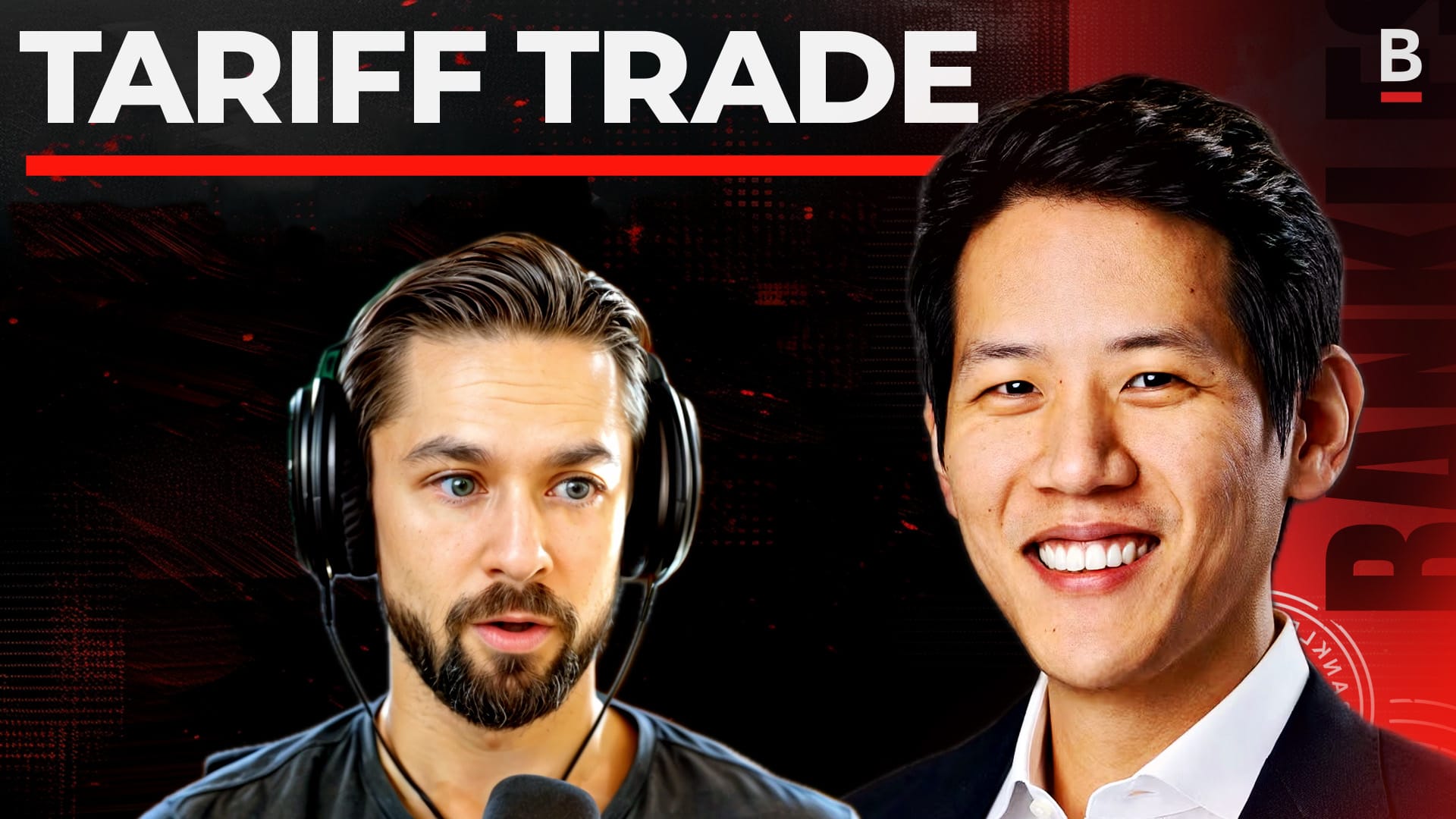How Tariffs, Triffin, and Trump Could Send Bitcoin to New Heights

Donald Trump’s surprise announcement—25% tariffs on Canada and Mexico and 10% on China—has rattled financial markets and reignited discussion around the future of the U.S. dollar. The headlines might look like trade skirmishes, but as Jeff Park of Bitwise argues, there’s a deeper narrative unfolding—one that could fundamentally shift macroeconomic conditions and push Bitcoin to unprecedented levels.
In his viral piece, “Tariffs, Triffin, and Trump: How the End Game Sends Bitcoin Vertical,” Park zeroes in on two main points. First, tariffs sow chaos. While traditional markets despise instability, Bitcoin tends to thrive in it. Second, short-term tariff battles may actually reflect Trump’s broader aim to bring U.S. manufacturing jobs back home by weakening the dollar. And paradoxically, that weakening could come from ballooning fiscal deficits and the eventual downgrade of U.S. debt—moves that, historically, have pushed investors toward alternative assets.
Park traces these ideas back to the Triffin dilemma: when a nation’s currency is the global reserve, its domestic financial goals often clash with its international trade obligations. Once the U.S. broke its tie to gold in the 1970s, the dollar’s strength hinged on demand from foreign creditors. But there’s a catch. If you want to reshore manufacturing and reduce reliance on foreign imports, you need a cheaper dollar, which is more easily achieved if markets question America’s fiscal health. Cue Trump’s tariffs: a “negotiation tool” that could raise global economic uncertainties and widen budget deficits—ultimately leading to lower 10-year yields and a weaker greenback.
Why does this matter for Bitcoin? A falling dollar historically drives investors to assets they believe can store or grow their wealth amid chaos—gold, real estate, and now digital assets. Park argues Bitcoin is uniquely positioned because it has no sovereign ties and can be acquired across the globe without heavy state intervention. So, if tariffs lead to a hard push on U.S. fiscal policies, and the dollar softens, capital could pour into Bitcoin at a rate far exceeding anything we’ve seen before.
The lesson here is about reading between the lines. These tariffs aren’t just short-term drama; they’re part of a strategic push that might fundamentally alter the balance of global finance. And if Jeff Park’s thesis holds, Bitcoin may be the biggest winner in the end.